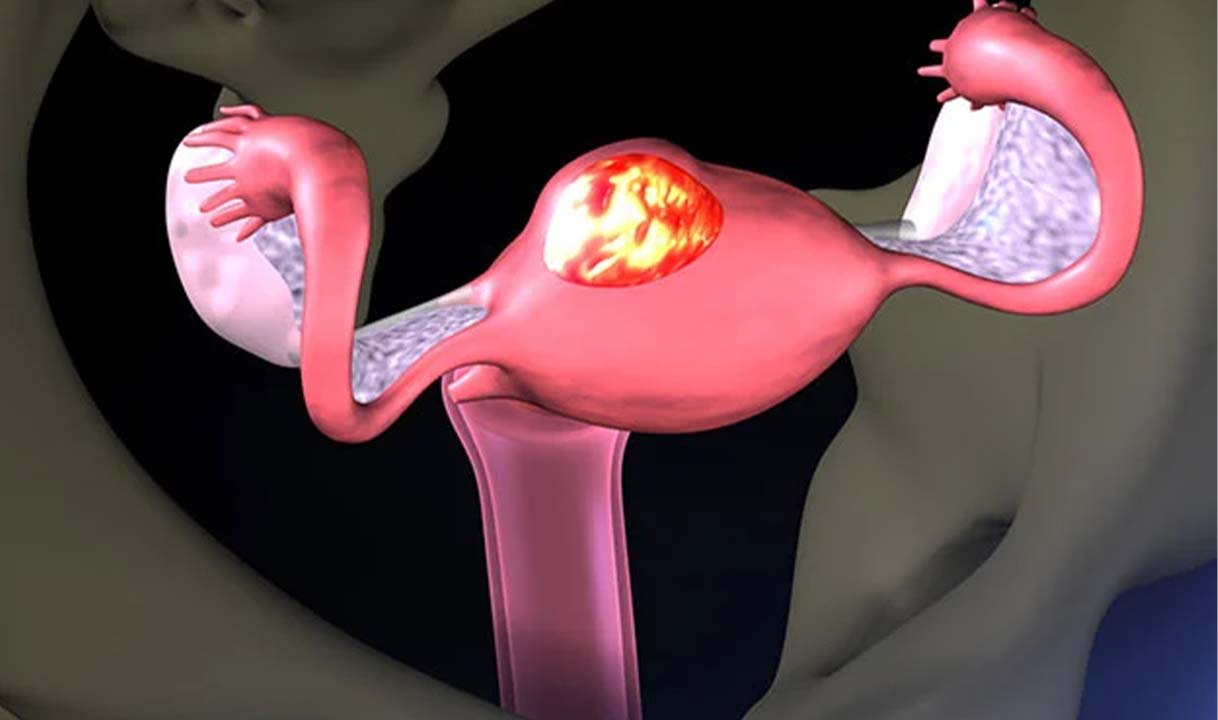The best thing a woman can gift herself is the knowledge of different diseases, associated conditions, and their treatment. Women need to be aware of all the health conditions that can happen. Thyroid and Fibroid may be considered from the same family because of the similarity in their names. While these conditions do have similar pronunciations, they impact different parts of one’s body. The one that affects the uterus is the thyroid or, most commonly, uterine Fibroid. The thyroid affects an individual’s thyroid, a butterfly-shaped gland in the neck above the collarbone. Finding the link between thyroid and Fibroid is essential when treating them.
Symptoms
Thyroid and Fibroid are both common diseases among women. Researchers state that around 18% of women that suffer from thyroid have been found to have uterine fibroids as well. Many women may have a different experience with these conditions. Hence you must consult your doctor to find out.
Fibroid Symptoms
If a woman has developed uterine fibroids, then they may experience the following symptoms
- Their periods may last for more than seven days
- They may experience long-lasting pelvic pain
- Abdominal swelling may be experienced
- They may have irregular periods, i.e., more than one period in one month
- They will experience heavy menstrual bleeding
- They may gain excessive weight
- They might feel exhausted all the time
- They may become anemic
- May suffer from constipation
Thyroid symptoms
The following thyroid symptoms are important for women to know to identify this condition
- They might feel cold all the time
- Their hair can start thinning, and more hair loss may occur
- Their skin will become dry
- They may experience muscular weakening
- They will feel pain in their joints
- Their heart rate will become slow
- They may complain about a puffy face
- They may experience a hoarse voice
As mentioned, different women will have different experiences with these conditions, so some women might feel all these symptoms while others will feel nothing at all. Fibroids usually are benign, but if you are experiencing these symptoms, they will affect your quality of life.
Hyperthyroidism: Overactive thyroid disease is also known as hyperthyroidism. When the thyroid glands start producing an excess thyroid hormone known as thyroxin, this hormone can increase your body’s metabolism, causing excessive weight loss.
Hypothyroidism: Hypothyroidism is also known as an underactive thyroid. Hypothyroidism occurs when the thyroid gland produces much less thyroid-stimulating hormone (TSH). This condition is more common in women than men and studies have found that one woman in every eight women will develop this health condition.
Overlapping symptoms
Heavy and abnormal menstrual bleeding is one of the most crucial symptoms that overlap in thyroid and fibroid development. This situation further causes anemia and fatigue. However, whether Fibroid is causing such symptoms or thyroid is not identifiable.
The link between Thyroid and Fibroid Disease
Researchers are always hustling to find the link between various hormones and diseases. The link between thyroid and Fibroid grabs the attention of many researchers. The hormone estrogen greatly impacts the development of both uterine fibroids and the thyroid. Both diseases are common among women of reproductive age and menstruating. The basic link that studies have found is that the development of uterine fibroids increases the risk of thyroid development.
If you are experiencing any of the conditions mentioned, you should approach your medical professional and healthcare provider. Discussing their experiences and symptoms will help you identify if you have uterine fibroids or thyroid nodules.




